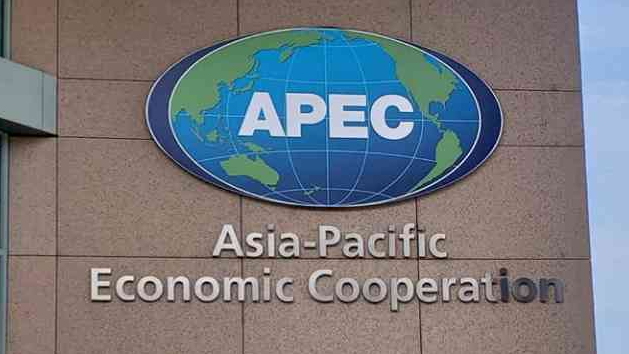APEC: Asia-Pacific exports plummet, Trump tariffs to blame

JEJU – Trade officials from 21 member countries of the Asia-Pacific Economic Cooperation (APEC) have gathered on Jeju Island, South Korea, to discuss multilateral cooperation amid rising global protectionism driven by US tariff policies under Donald Trump.
The meeting is taking place on 15–16 May 2025, as part of a series of senior officials’ discussions leading up to the APEC Summit later this year in Gyeongju.
During the event, APEC released a regional trend report forecasting export growth in the region at just 0.4% for 2025—significantly lower than last year’s 5.7%. Economic growth in the region has also been revised down from 3.3% to 2.6%.
APEC attributed this decline to weaker external demand, particularly for manufactured and consumer goods, as well as uncertainty caused by US tariff policies.
"Trade growth in the APEC region is set to decline sharply due to lower foreign demand and rising uncertainty over goods policies impacting service trade," APEC stated in a press release, as quoted by Reuters on Thursday (15 May).
APEC highlighted that more than half of its members are now directly affected by US tariffs, including countries such as China, Japan, South Korea, Canada, and several Southeast Asian nations such as Indonesia, Malaysia, and Vietnam.
The meeting also explored the future of World Trade Organization (WTO) reforms, which is currently facing a legitimacy crisis following the US suspension of its funding. The Trump administration argues that the WTO has unfairly benefited China in global exports.
US Trade Representative Jamieson Greer is scheduled to hold a series of bilateral meetings, including with South Korea and New Zealand.
Speaking to CNBC, Greer stated that the US government is moving as swiftly as possible with countries willing to reach ambitious agreements.
From the Chinese side, Vice Minister of Commerce Li Chenggang is also attending the meeting.
While it remains unclear whether he will hold further talks with Greer, both officials previously agreed to significantly reduce tariffs in a face-to-face meeting in Geneva on 10–11 May.
Amid this uncertainty, trade expert Prof. Heo Yoon of Sogang University noted that substantial progress in negotiations is unlikely, as no meaningful discussions have yet taken place at the working level.
However, he added that South Korea will use this meeting to shape its future negotiation strategy.
Howard Lutnick, US Secretary of Trade, also stated that agreements with South Korea and Japan will take time, unlike the rapid deal recently reached between the US and the UK.
Established in 1989, APEC now represents approximately 50% of global trade and 60% of world GDP, making it a key forum for developing strategies to navigate current economic volatility. (EF/LM)